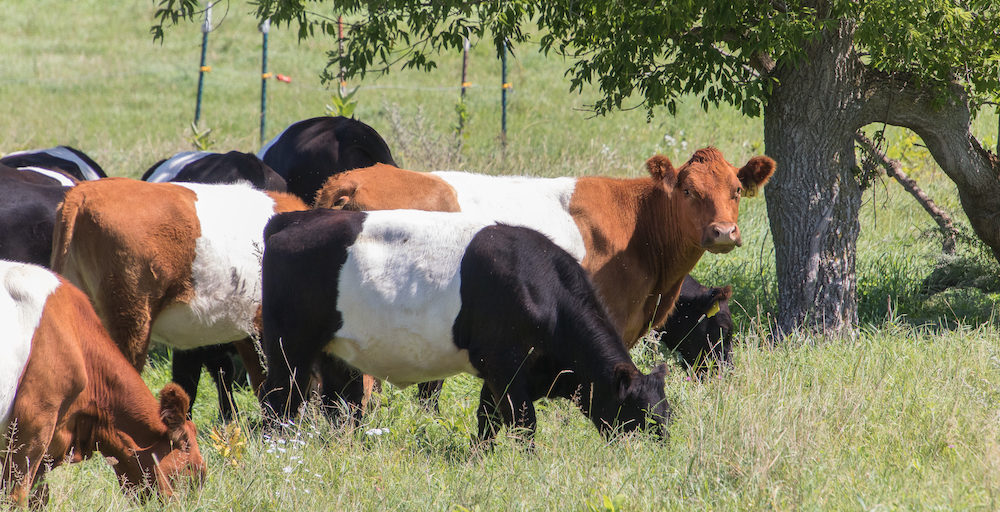
Wisconsin Agricultural Tourism Week, Sept. 27-Oct. 3, 2021
I grew up in Bronx, NY, in a city of 8 million, yet I couldn’t be more excited about Amery, Wisconsin’s launch of a special week dedicated to agricultural tourism. Agri what?
It’s a term that covers lots of things you’ve probably already done. If you’ve ever enjoyed an afternoon picking crisp apples or juicy strawberries, petted a little lamb or held a squirmy piglet, walked a corn maze or selected “just the right” pumpkin at a pumpkin patch, walked near grazing cattle, or sipped wine at a winery, helped gather eggs, or helped your farmer pick your CSA box — you’re an agricultural tourist. Maybe you’ve attended a wedding or special event at a repurposed barn, or fished at a trout or catfish farm, or cut down a Christmas tree. That’s agricultural tourism, too.
Why am I excited? Because my husband Dave Toftness and I raise grass-fed-grass-finished just four miles from downtown Amery, and a major part of our mission is to welcome visitors to our farm, Bull Brook Keep. We chat with well over 200 people a year, every month of the year. We appreciate the opportunity for walks across our pastures, explaining why we’re committed to sustainable practices, introducing our moos, and learning about people’s food journey. It’s educational, fun and friendly.
In this Deep Roots Radio interview, Amery’s Mayor Paul Isakson describes how the city is marking the launch of this very special week set aside by proclamation by Wisconsin Governor Tony Evers. It runs from Sept. 27 to Oct. 3, 2021. Many thanks to the Governor and to Sheila Everhart, Interim Executive Director of the Wisconsin Agricultural Tourism Association, for working for this recognition of the contribution agritourism makes to people’s lives and local economies.
Earlier this year, the Mayor established a new page on the City’s website just for agricultural tourism, making it easy to find an ag-based adventure in and around Amery, www.amerywi.gov/703/Agritourism. To find agricultural venues across the state, visit wiagtourism.com.
I hope you enjoy this interview. And I hope you’ll come visit us. The trees are turning glorious, and the moos would like to meet you.

















